Neurology Tunisia
Neurology is an extremely developed sector in Tunisia where there are a number of specialized clinics with state-of-the-art technical platforms. With its highly competent surgical corps, our clinic is precisely one of the references in neurology in Tunisia and offers you a follow-up in the same standards as in the West.
Neurology is a branch of medicine that allows to detect and treat various pathologies related to the nervous system. These are for example brain pathologies (multiple sclerosis, dementia, coma, stroke, transient ischemic attack, epilepsy, brain tumor, headache, migraine, hydrocephalus or lead poisoning) or spinal cord pathologies (multiple sclerosis), poliomyelitis, spinal cord compression, cervico-arthrosic myelopathy, amyotrophic lateral sclerosis, syringomyelia, infantile spinal amyotrophy, spinocerebellar degeneration, spinal cord tumor, etc. ).

Neurosurgery When to consult a neurologist?
The neurologist treats multiple disorders:
- Epileptic seizures,
- Intellectual and memory deficits ;
- Migraines;
- Tremors;
- Fainting spells ;
The neurologist also deals with diseases of physiological origin such as encephalitis, meningitis, brain tumors, vascular and neuromuscular disorders and neurodegenerative abnormalities related to genetic mutation and old age. These include Parkinson's disease, Alzheimer's disease or Creutz Field Jacob's disease.
Other pathologies of muscular origin: Myopathy, congenital myotonia, Steinert's myotonic dystrophy, Duchenne's myopathy, polymyositis and dermatomyositis, myasthenia...etc.
The peripheral nervous system is also concerned: algoneurodystrophy, mononeuropathy or Guillain-Barré syndrome are also among the diseases treated in neurology.
Neurological examinations in Tunisia
To detect these different diseases of the nervous system, several types of neurological examinations may be necessary:
- Electroencephalography
- Cerebral or spinal cord MRI
- Doppler ultrasound of the vessels of the neck and nape of the neck, and trans-cranial Doppler
- Arteriography of cerebral vessels, supra-aortic trunks, neck and neck vessels and medullary arteriography
- Lumbar puncture
- The brain or spinal cord scanner
- Muscle biopsy of sensory nerves or salivary glands
These various examinations allow the doctor to clearly identify what the patient is suffering from, and to propose the best possible treatment, as well as adapted remedies.
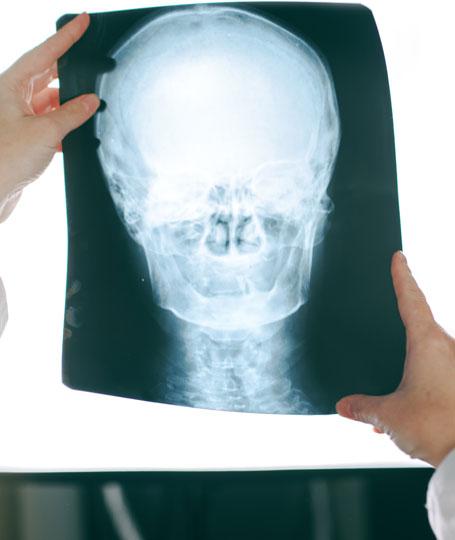
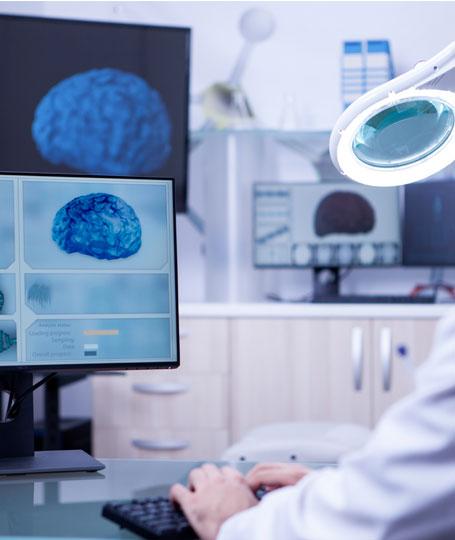
Neurosurgeons at the Center's Clinic
Neurology is practiced by Tunisian neurologists whose skills must be approved by the National Order of Physicians. Our surgical corps composed of specialists trained in Europe meets this criterion.
To treat nerve and synaptic dysfunctions, our neurologists use either drug treatments or neurosurgery or neurosurgical surgery. The latter is particularly effective for the treatment of malignant tumors, herniated discs, pituitary adenoma, neurofibromatosis, etc.
The Center Clinic guarantees its patients an accompaniment, a total care by providing a team of the best neurologists and neurosurgeons in Tunisia.
Contact us to learn more about neurological diseases, the available treatments and the treatments offered in our clinic.
Brain tumor surgery Tunisia
Brain surgery is a specialized surgery, called neurosurgery, performed to remove brain tumors, which are no longer a fatality nowadays. The progress of medical imaging is indeed of great help to the work of neurosurgeons. The means available to surgery are more and more important, and there are more possibilities of analysis, notably thanks to the progression of MRI (magnetic resonance imaging), and radiological means.
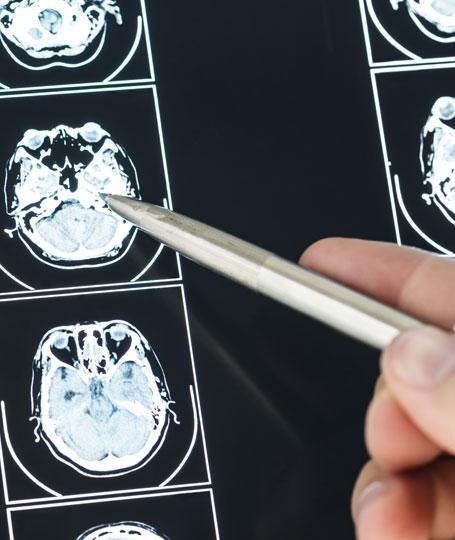
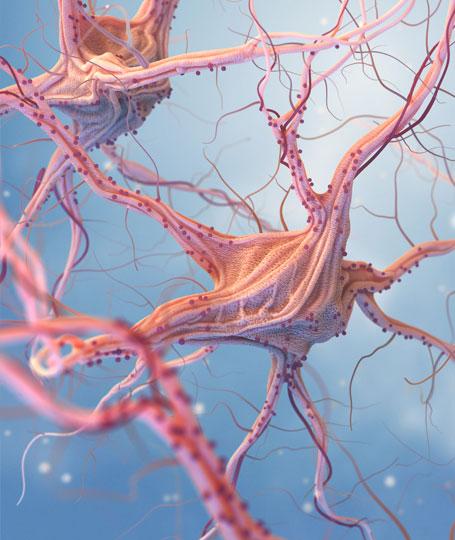
Management of a brain tumor, the Center Clinic
The management of a brain tumor may require several types of surgery. Most of the time, the tumor is removed (removal of an organ or foreign body). The techniques used by neurosurgeons are generally:
- A biopsy, which consists of taking a sample of the tumour for analysis, and which allows the diagnosis to be confirmed and the exact type of tumour to be determined by microscopic examination of the molecular characteristics of the tumour.
- An "open" procedure, which aims to remove the entire tumour;
- A shunt or ventriculo-cisternostomy which consists of restoring the circulation of cerebrospinal fluid inside the skull.
Each of these procedures is carefully prepared. Imaging exams allow us to locate ourselves in the brain to the nearest millimetre. To facilitate the neurosurgeon's intervention, drugs are prescribed to reduce the swelling of the brain around the tumour. These may be cortisone (corticosteroid) drugs or diuretics administered by infusion.
Awareness surgery is an innovative technique increasingly used in brain tumour operations. Reading exercises are performed to ensure that the functional areas (language, vision, hearing, etc.) are in good condition. During these exercises, the surgeon stimulates the affected areas to ensure that their removal does not cause any after-effects.
In practice, the patient is awakened after a few minutes of surgery, while his or her skull is still open, and put to work. In addition, a new technique called electrocorticography records the electrical activity of the brain in real time, and allows a more precise identification of the areas to be avoided.
The new neurosurgical approaches used in brain tumor surgery are all the more advantageous for patients because they reduce the risk of sequelae and improve their survival and quality of life. In most cases they feel they are actors of their own recovery and generally show a very good state of mind.
Contact us to learn more about brain tumor surgery and all the steps to follow to benefit from this service in Tunisia.


